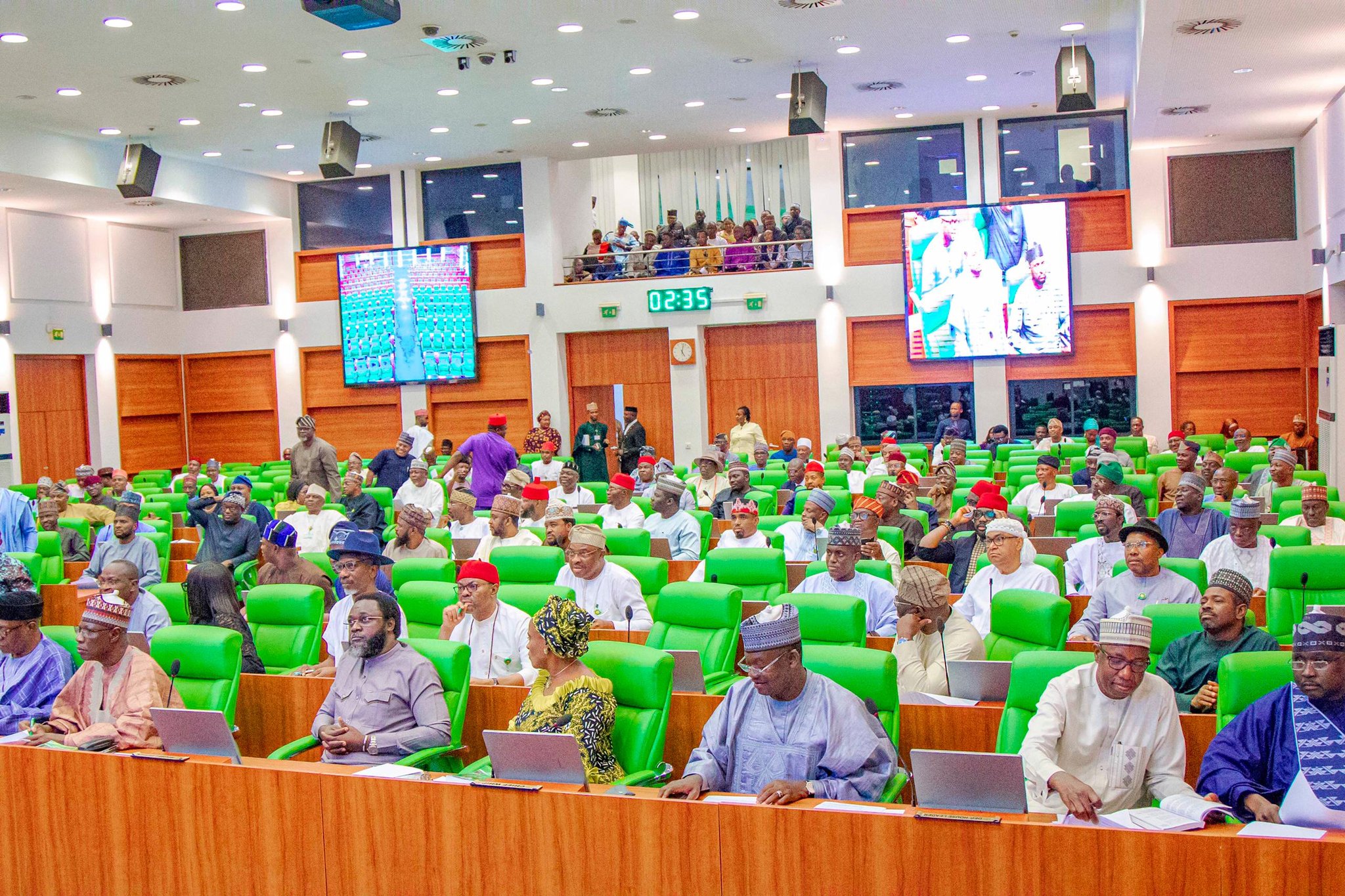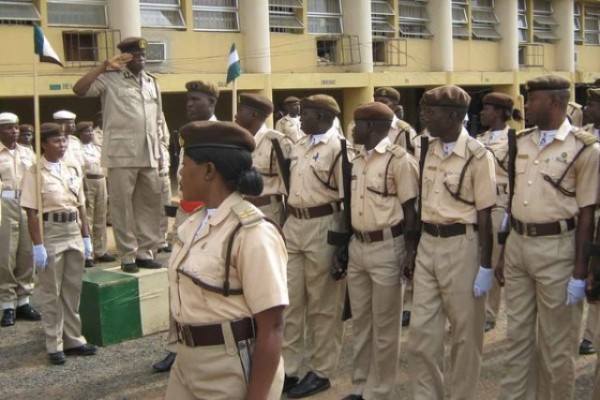ABUJA — President Bola Tinubu has commended the Economic and Financial Crimes Commission (EFCC) for its achievements in the fight against corruption, revealing that the agency secured over 7,000 convictions and recovered more than ₦500 billion in assets within the first two years of his administration.
Tinubu, who spoke through Vice President Kashim Shettima at the opening of the 7th EFCC–NJI Capacity Building Workshop for Justices and Judges in Abuja on Monday, said his government remained committed to strengthening anti-corruption institutions and ensuring they deliver tangible results.
According to a statement by the EFCC spokesperson, Dele Oyewale, Tinubu praised the Commission’s progress, noting that the recovered funds have been reinvested into the economy to support key initiatives such as the Students Loan Scheme and the Consumer Credit Programme.
“The EFCC, for example, has recorded over 7,000 convictions in the first two years of this administration and recovered assets worth over ₦500 billion,” he said.
“Proceeds of crime recovered by the agency have been ploughed back into the economy to fund critical social investment programmes.”
The President emphasized that the fight against corruption can only succeed if all arms of government work together, stressing that judges play a crucial role in ensuring justice, accountability, and public trust.
“A Nigeria free of corruption is possible if we all commit to doing what is right in our respective spheres of influence,” Tinubu said.
“A robust judicial system is central to the success of anti-corruption efforts, and I count on our judges to stand firm.”
He also warned that the credibility of the anti-graft campaign would be undermined if public officials fail to lead by example.
“We cannot claim to have excelled in our pursuit of a transparent system if we do not live by such examples,” Tinubu said. “Courts and judges are strong pillars of the anti-corruption process. Your vantage position on the bench does not insulate you from the consequences of corruption.”
Tinubu described corruption as a major obstacle to national development, noting that its effects are felt by everyone regardless of class or position.
“There are no special roads or hospitals for judges,” he added. “We all face the same risks caused by years of theft and waste of our national resources. It’s in everyone’s interest to join hands in fighting and winning this war.”
Meanwhile, EFCC Chairman Ola Olukoyede raised concerns over persistent delays and procedural setbacks in high-profile corruption cases, warning that such obstacles threaten public confidence in the judicial system.
Olukoyede lamented that while the EFCC has achieved significant milestones, the slow pace of politically sensitive cases often overshadows its progress.
“Some cases filed 15 to 20 years ago still appear to be in limbo,” he said. “We see a predictable pattern — when politically exposed persons are charged, court processes are delayed through endless technicalities.”
He criticized what he called the “weaponisation of procedure”, where defendants use legal loopholes and frivolous applications to stall trials.
“When investigations are completed, getting defendants to appear in court becomes a Herculean task. And when they finally do, new tactics emerge — from claims of ill health to endless adjournments. The result is witness fatigue, fading memories, and sometimes the death or unavailability of key witnesses,” he explained.
Read Also;
Court admits more evidence in EFCC’s $4.5bn case against Emefiele
Olukoyede also expressed worry over some judges issuing ex parte orders outside their jurisdiction to obstruct EFCC investigations, especially in money laundering cases.
“It’s disturbing to see state high courts issue orders that hinder the Commission’s work in areas clearly beyond their purview,” he said. “Even when we appeal, contempt rulings are sometimes made against the EFCC.”
He further decried contradictory judgments by courts of equal standing in similar high-profile cases, saying such inconsistencies weaken the Commission’s efforts.
Olukoyede called on judges to show greater caution and responsibility in handling corruption cases, warning that justice delayed often becomes justice denied.
“When cases drag endlessly, the only victor is corruption,” he said. “We must ensure that our judicial system upholds the confidence of the people and remains a true temple of justice.”




